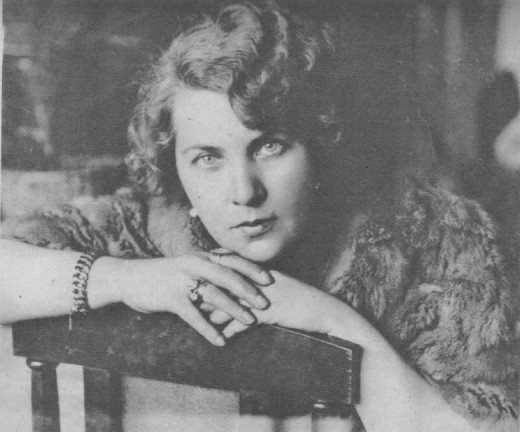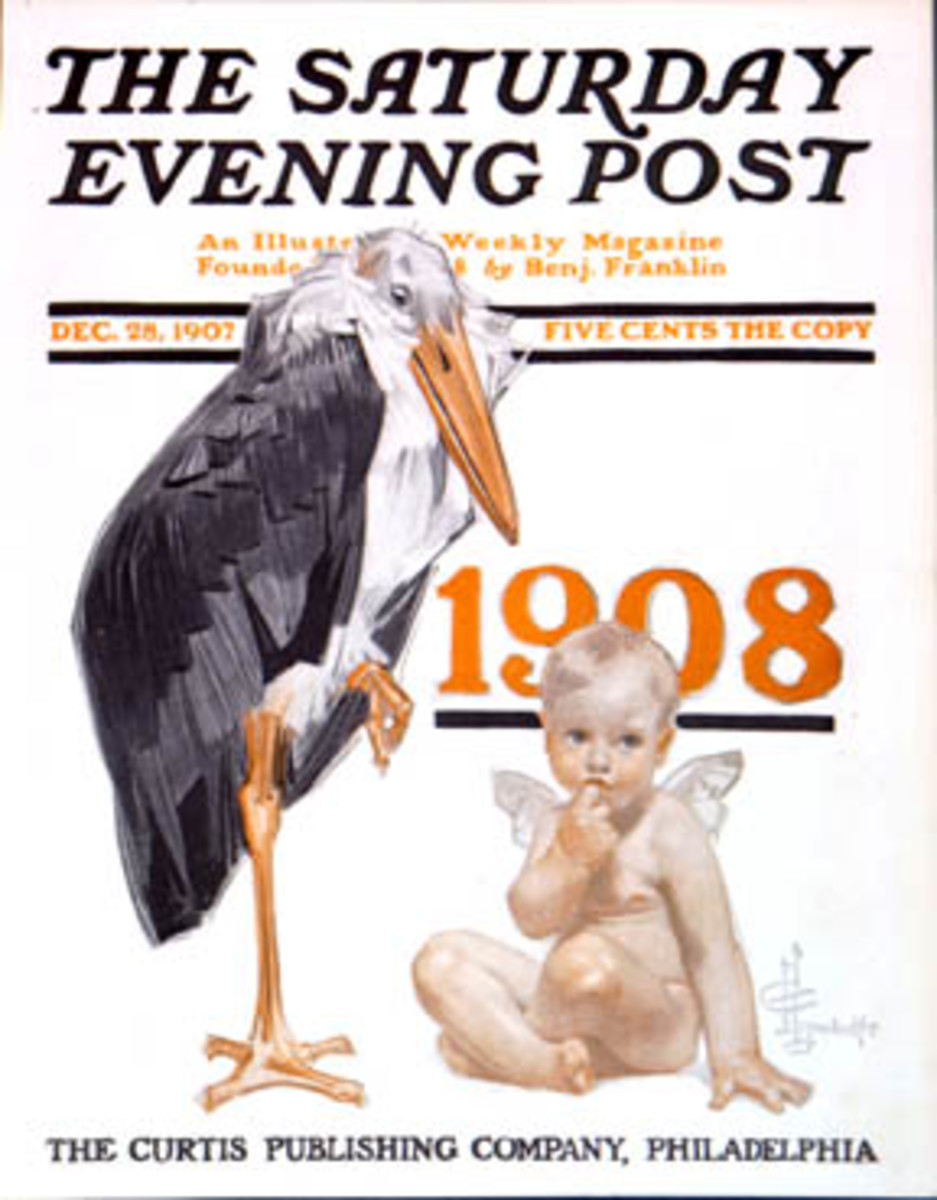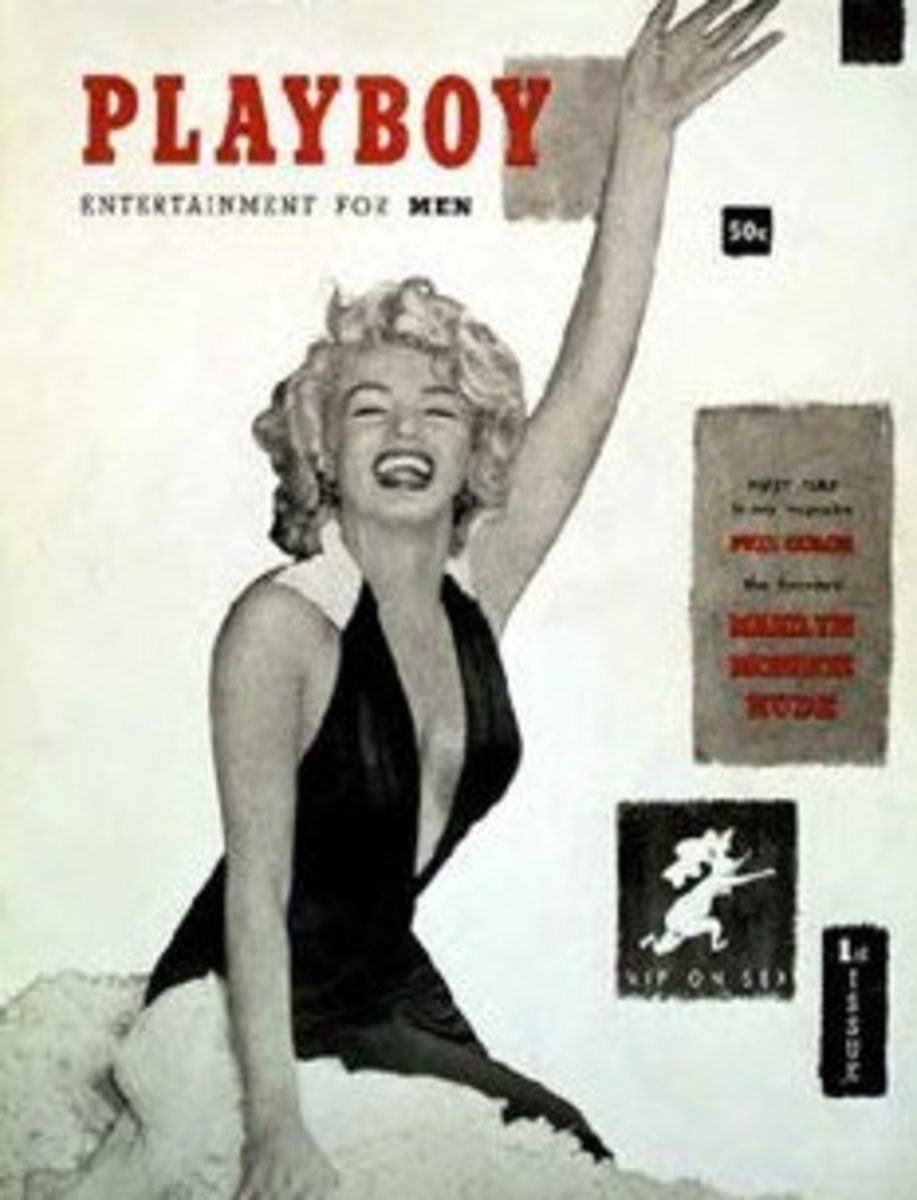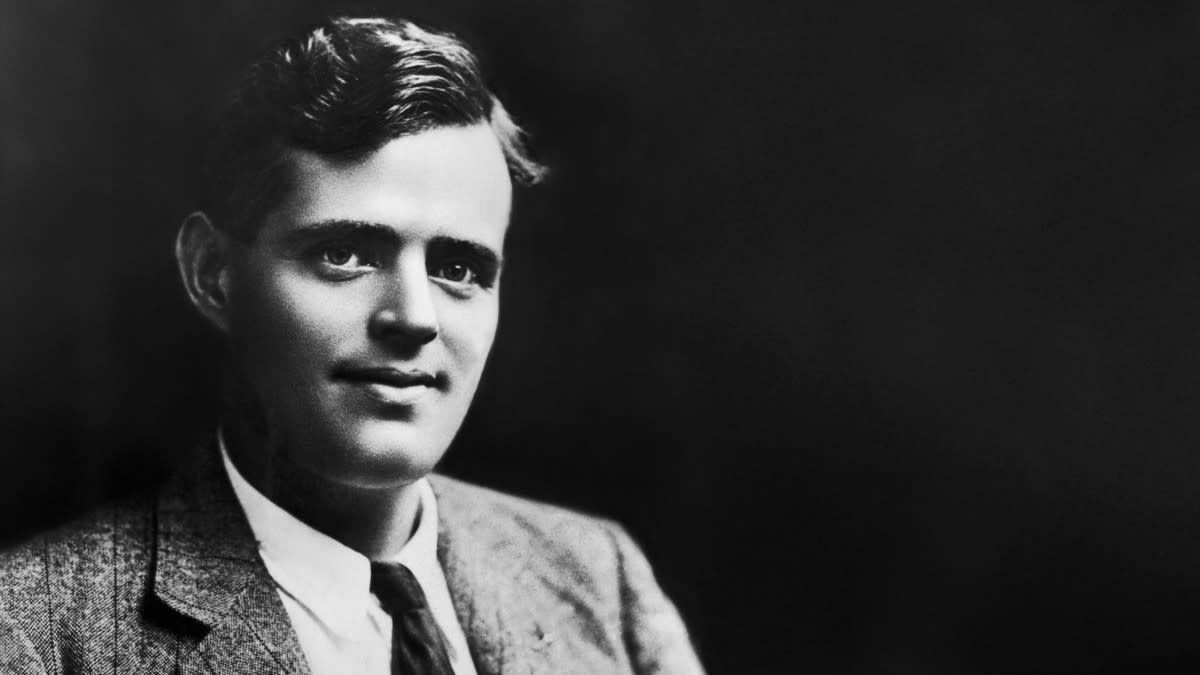The Rise of the Bulgarian Anna Wintour

"In the hands of a poorly educated lady a good women's magazine works like magic – she checks the fashion section, flicking through the pages about embroidery and passionately admiring them, whilst subconsciously continuing onto reading the articles with a deeper, more serious political content"
History doesn't remember her name, even though she was one of the most famous Bulgarian women in the early 20th century. In 1935 Teodora Peycova published the very first women's magazine in Bulgaria, instantly becoming one of the most influential women for her time and remaining a constant presence in the traditional Bulgarian home for the next 25 years.
After receiving her high-school and university education in Vienna and Brussels, Teodora returned home, aspiring to show everything she'd learnt about European culture to her fellow Bulgarian sisters. Thus, with the help of her husband, she founded 'Economy and Housekeeping' - a women's magazine, tackling a range of topics regarding social problems, inventions made by women, family values and parenting, culinary recipes, fashion trends from abroad.
But that's not all her potential had to offer. Teodora embodied those very same European values of a smart working woman that she was teaching: she spoke over four other languages and in her spare time she published her translations of foreign books. Furthermore, she wrote short stories for other newspaper publications, played the piano, played tennis and is also known for being the first Bulgarian woman to drive a car.
Perhaps her biggest contribution was towards the cultural development of the Bulgarian woman. Her life's work was dedicated to reframing the woman's role in the early 20th century. Her feminist views were very uncommon for the conservative Bulgarian society, which till today remains heavily Patriarchal.
Unfortunately, following the big political shift in the 50s and the rise of communism in Bulgaria, the magazine was branded as 'bourgeois' and printing ceased in 1960. The European values, customs and traditions Teodora spent most of her life trying to introduce and implement into the Bulgarian homes were deemed as 'unsuitable' and were also forbidden. While time may have had us forget her name, her legacy still lives on, not only as a part of the history of women in publishing, but also as an active supporter of women's rights.








